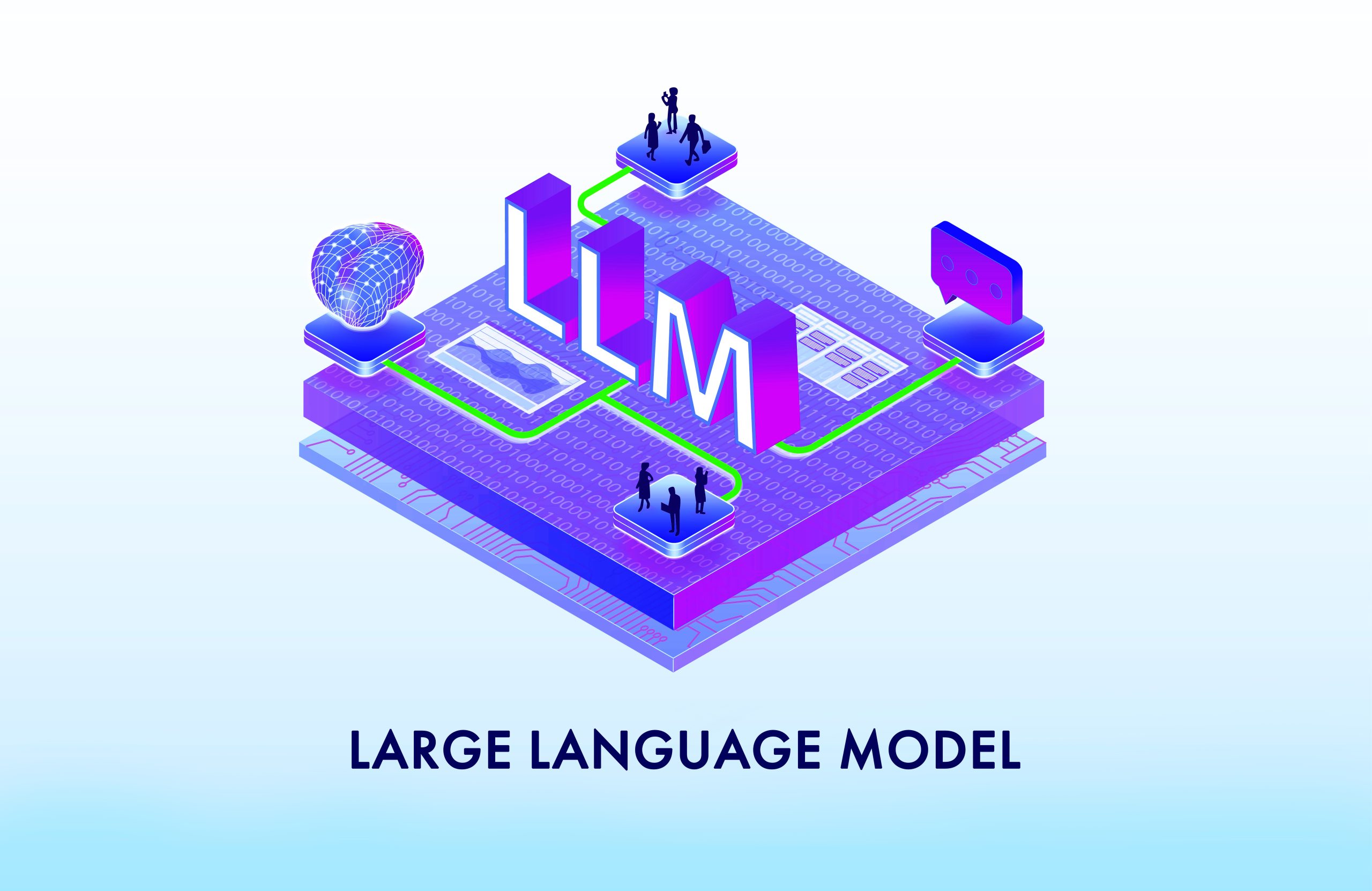Large Language Models (LLMs) and generative AI are not just technological advancements; they are catalysts for a new business paradigm. These innovations are redefining customer interactions, decision-making processes, and operational efficiencies, marking a transformative shift in the corporate world.
The Latest LLMs: A Blend of Proprietary and Open-Source
The LLM landscape in 2023 is a mix of proprietary and open-source models. GPT-4, for instance, has made significant strides in addressing hallucination and improving factuality. On the open-source front, Falcon has outranked all other models, including LLaMA, StableLM, and MPT. Another open-source model, Guanaco-65B, has scored impressively in the MMLU test and TruthfulQA evaluation.
The MMLU (Massive Multitask Language Understanding) test and TruthfulQA are benchmarking standards that evaluate the performance, accuracy, and reliability of LLMs. These benchmarks are crucial for businesses to understand the capabilities of different models.
Key Insights
- Proprietary vs Open-Source: Both have their merits, but the future seems to be leaning towards a hybrid approach.
- Benchmarking: Models like Falcon and Guanaco-65B are setting new standards in performance metrics.
- Innovation: Companies are continually innovating to create smaller, more efficient models.
Practical Applications for Businesses
LLMs are not just academic curiosities; they have real-world applications that can significantly impact a business’s bottom line. Here are some use cases:
Chatbots for Internal Systems: Imagine querying an on-premise system to pull up the latest company policies, financial data or even employees schedules. LLMs can facilitate this interaction seamlessly, making internal communications more efficient.
Automated Customer Support: Customer service is often a significant cost center for businesses. LLMs can handle a wide range of customer queries, freeing up human agents to deal with more complex or sensitive issues. This not only improves customer satisfaction but also reduces operational costs.
Content Generation: From generating reports to creating marketing content, LLMs can automate these tasks, saving both time and resources. This allows your team to focus on more strategic initiatives.
Data Analysis: Advanced LLMs can sift through large datasets, providing insights that would take a human analyst hours to derive. This accelerates decision-making and can give you a competitive edge.
Automated Translation: In today’s globalized world, language should not be a barrier. LLMs can instantly translate documents, emails, or even entire websites, breaking down language barriers in global operations.
Compliance Monitoring: Regulatory compliance is a significant concern for many businesses. LLMs can scan and analyze legal documents, contracts, and internal policies to ensure that the company is in compliance with various regulations.
The Road Ahead
The potential of LLMs is enormous, and as these models become more sophisticated, their applications will only expand, making them an indispensable tool for modern businesses. As you consider integrating LLMs into your organization, there are several questions to ponder.
- How can LLMs be integrated into your existing IT infrastructure?
- What ROI can you expect from implementing LLMs in different departments?
- How can LLMs help in achieving sustainability goals for your organization?
Conclusion
The world of generative AI and LLMs is not just evolving; it’s revolutionizing the way businesses function. Whether it’s through proprietary models like GPT-4 or open-source alternatives like Falcon, LLMs are becoming the backbone of data-driven decision-making in the corporate landscape. Their impact is far-reaching and undeniable, making them a critical investment for any forward-thinking business.
For those interested in unlocking the full potential of generative AI and LLMs, proSkale has the expertise to guide you through the implementation process. We focus on maximizing ROI and keeping you competitive in this evolving landscape.

